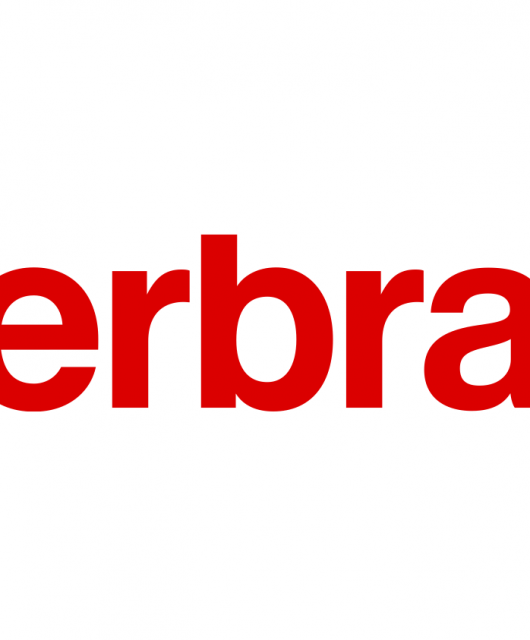Why Should Startups Invest In Branding ?: Q&A With Injaz Egypt’s Dina El Mofty
Many entrepreneurs are hesitant to invest in their brands, focusing most of the efforts on their products, apps and services’ functional development, ending up with working but unmarketable offerings, unresponsive markets and unattached consumers. The Brandberries interviewed Dina El Mofty, Founder and CEO of Injaz Egypt, for her insights on why should startups invest in branding ?
BB: In your opinion, in a nutshell, why startups are in a dire need for branding ?

DM: When startups come up with an idea or a service that they want to push out to the market they’re often times stuck on how to position themselves. Things move so fast on all fronts that sometimes going through the exercise of positioning their brand is neglected along the way and they later need to back track to go through the proper steps of branding their company to get a clear and concise message that they’re customers can get excited about.
BB: The global startup ecosystem is very cluttered, making it tough to stand out . What is the “WOW ” factor that will allow a start up brand to cut through the noise and position itself strongly and consistently?
DM: Any good solid brand globally is immediately recognized by the simplicity of its message, sometimes its just a word or a symbol that delivers an instant feeling to the customer. Startups need to work on making their messaging simple and focused the more they do that the more solid the recognition of their brand will be. Think of how do u ultimately want people to perceive your brand.
BB: To drive growth and accelerate quickly and steadily, start ups need to remain focused and on track with a clear and structured vision. How can startup brands scale up through leadership?
DM: When a startups branding messaging and culture is continuously delivered in a consistent approach. Where the culture of the the startup is so to say beating the same heart beat the same messaging consistently not only from its leadership but from the entire team thats when you see the growth. When everyone is passionate about their culture by their brand they themselves emulate the qualities of it and become the ultimate messengers and reflection of what their brand is all about.
BB: Where do you stand from this paradox; Should start ups think like big businesses or should big businesses think like start ups?
DM: Neither should think like the other, they do however compliment each other through collaborations and partnerships.
BB: Injaz Egypt has a flagship entrepreneurship program “The Company”, a program aimed to nurture the culture of entrepreneurship at the age of school students. Can you shed some lights on the ‘why’ of the program and the vision behind it ?
DM: Injaz Egypt works to bridge the gap between the education system and the job market by promoting an entrepreneurial culture in schools and universities from a young age. The importance of this is that the reality we now live in is so different then the past. Young people graduating with degrees and certifications are not guaranteed a job and the skill sets needed in the job market are not even taught at schools, so what ends up happening is frustration at both sides. But by instilling an entrepreneurial mind set in this generation you empower those who are willing to create their own economic opportunities, and the ultimate impact of that is tremendous.
BB: We are seeing a lot of successful collaborations happening between big brands and startup brands. What potential lies in such collaborations and what makes them a win- win situation for both?
DM: I think we’re going to keep seeing many of these kinds of collaborations happening as they are indeed a win win on both fronts. Startups are quicker and faster where as many times with bigger companies are stuck with one form of bureaucracy or another where decision making takes time and so outsourcing a startup to work on a particular project to deliver faster results makes for a great partnership. It also helps in coming up with new creative ideas or different perspectives on problem solving, so there is no doubt that such collaborations will continue to have an incredible impact.





